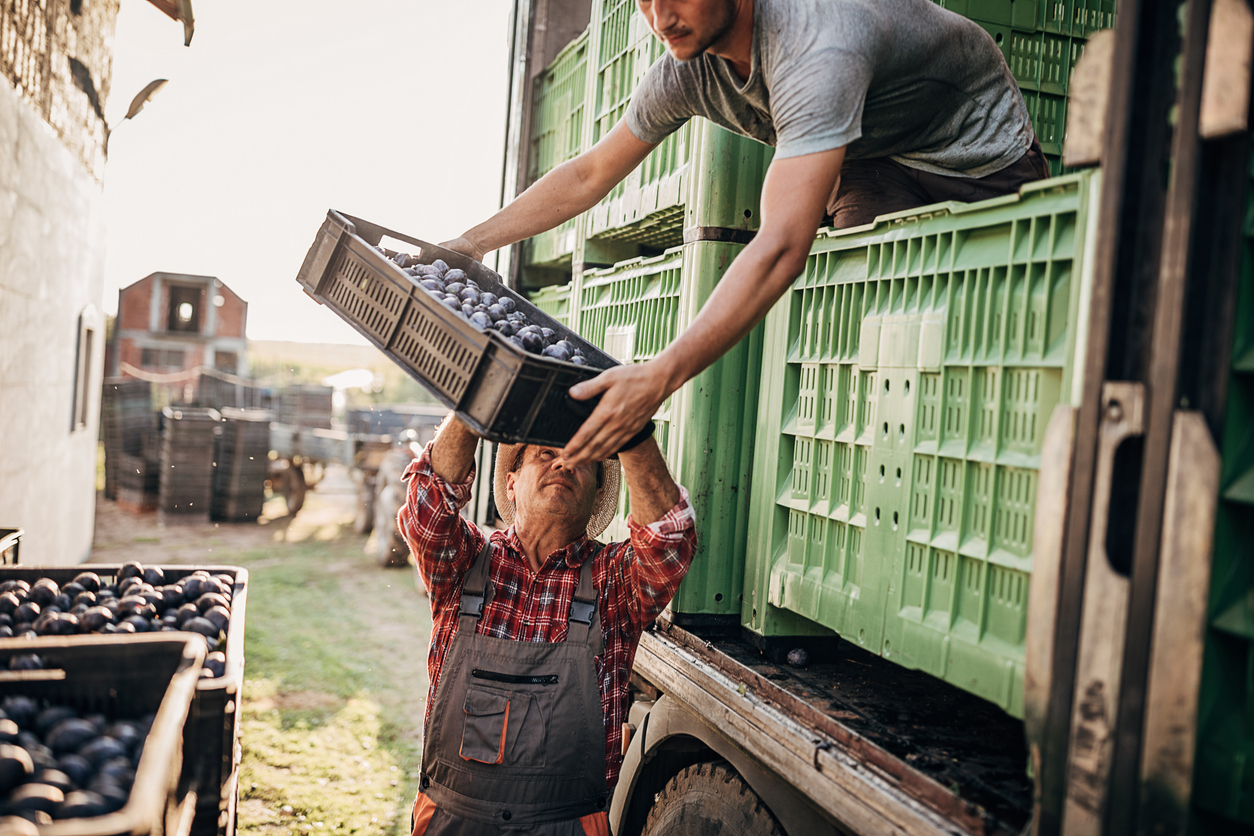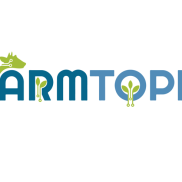Farmers Cooperatives: Strengthening Small Farmers Through Collective Action
Empowering Smallholder Farmers: The Role of Agricultural Cooperatives in Sustainable Agriculture
We are currently in the midst of times when it is hard for a small farmer to fight for their place on the agricultural chain in a sustainable and scalable way – enter farming cooperatives. These cooperatives promote and implement the essence of human existence – collective action and community action. These cooperatives immensely help farmers pool resources, share knowledge, and navigate the challenges of modern agriculture together. As we delve into farming cooperatives, we uncover a narrative of resilience, community, and sustainable rural development, especially through the example of a farming cooperative in France.
Defining a Farming Cooperative
Farming cooperatives are often referred to as agricultural cooperatives, so we will be using these terms interchangeably throughout the article. A farming cooperative, in short, is a popular crop and livestock production model. A more broad definition would be that a farming cooperative is an organization that brings small farmers together and encourages them to work as a business – helping one another produce and sell goods.
Defining characteristics of a farming cooperative can be summed up as:
- A cooperative characterized by openness and voluntary participation,
- A democratic framework where every member holds equal voting power,
- Fair and equitable sharing of economic outcomes based on individual contributions to cooperative activities.
In a world fueled by growth capital at any cost, cooperatives stand as a beacon for community rebuilding, representing distinct entities owned and managed by their members. Farming cooperatives take part in the collective purchasing and use of machinery, stock, etc, and in the marketing of produce.
Importance of Farming Cooperatives
Cooperatives play a pivotal role in fostering sustainable rural communities. As hinted, agricultural collaboration offers small farmers the chance to gain access to larger markets, enhanced yields, etc. The increased opportunities and expanded market access translate to faster economic development and improved welfare for rural populations.
Rural co-ops support various needs and are broader in definition than farming cooperatives. Rural cooperatives can focus on education, healthcare, hardware, household and machinery supplies, and more.
Per the EC Europa’s statistics, 250,000 cooperatives are owned by 163 million citizens in the EU. This is significant, as we are talking about one-third of the EU population. It is also impressive to note that these cooperatives employ 5.4 million people.
Cooperatives maintain significant market shares across various industries:
- In agriculture, they hold substantial shares: 83% in the Netherlands, 79% in Finland, 55% in Italy, and 50% in France.
- In forestry, they represent 60% in Sweden and 31% in Finland.
- In banking, their presence is notable: 50% in France, 37% in Cyprus, 35% in Finland, 31% in Austria, and 21% in Germany.
- In retail, they hold considerable shares: 36% in Finland and 20% in Sweden.
- In the pharmaceutical and healthcare sectors, they represent 21% of Spain’s population and 18% of Belgium’s population.
Benefits of Farming Cooperatives in the EU
The benefits of farming cooperatives in the EU span both economic and social dimensions. These advantages manifest in various ways, directly impacting net margins or savings, as well as indirectly influencing market price formation and enhancing the quality of goods and services. The advantages of cooperation become apparent immediately upon agricultural cooperatives’ establishment or gradually over time.
EU’s Plan for Aiding Small Farmers: CAP
Embedded within the EU’s core policies is the Common Agricultural Policy (CAP). As a primary framework, CAP is pivotal to the EU’s efforts in bolstering agriculture and rural development. Its scope encompasses a range of measures, including providing direct payments to farmers, implementing rural development programs, and establishing mechanisms to support agricultural markets.
Real-world Success Example: FrCUMA
FRcuma Ouest, or the Regional Federation of CUMA of the West, encompasses Brittany, Normandy, and Pays de la Loire. CUMA stands for Farm Machinery Cooperative, an agricultural cooperative where farmers pool resources like machinery, labor, sheds, training, and workshops. FRcuma Ouest represents a staggering 2,200 CUMAs and their 55,000 farmer members in the western region of France. The federation’s activities often revolve around experimentation and testing with farmers to integrate innovative solutions into CUMA operations. Its board of directors comprises farmers.
To replicate its success in other causes, FrCUMA partners with various projects, including the Farmtopia project, which develops digital solutions for small farmers. As part of this EU project, FRcuma Ouest is developing a digital platform for sharing digital solutions. The ultimate goal of their mission is to co-create an open-source generic version of the existing “my CumaLink” platform, which will allow the replication of the French CUMA model across more countries but will also be able to cover the requirements of other use cases.
Conclusion
As seen through definition, statistics, and real-world use cases – with collective action and shared resources, small-scale farmers can survive and thrive in an increasingly competitive market. As we celebrate the achievements of farming cooperatives across the EU and beyond, we are invited to support initiatives that empower small farmers and strengthen rural communities.
Further reading
Farming 101 – How to be a Farmer – Step by Step Guide
Strategies for Small-Scale Farmers in Tropical Africa to Adapt to Climate Change
Cocoa Sustainability and Farmers’ Empowerment
The importance of Networking and Collaboration amongst Farmers In Zambia and Sub-Saharan Africa
Empowering Small-Scale Farmers: Strengthening Market Access and Value Chains
Unraveling the Impact of Contract Farming in Nigeria’s Agricultural Ecosystem










































































